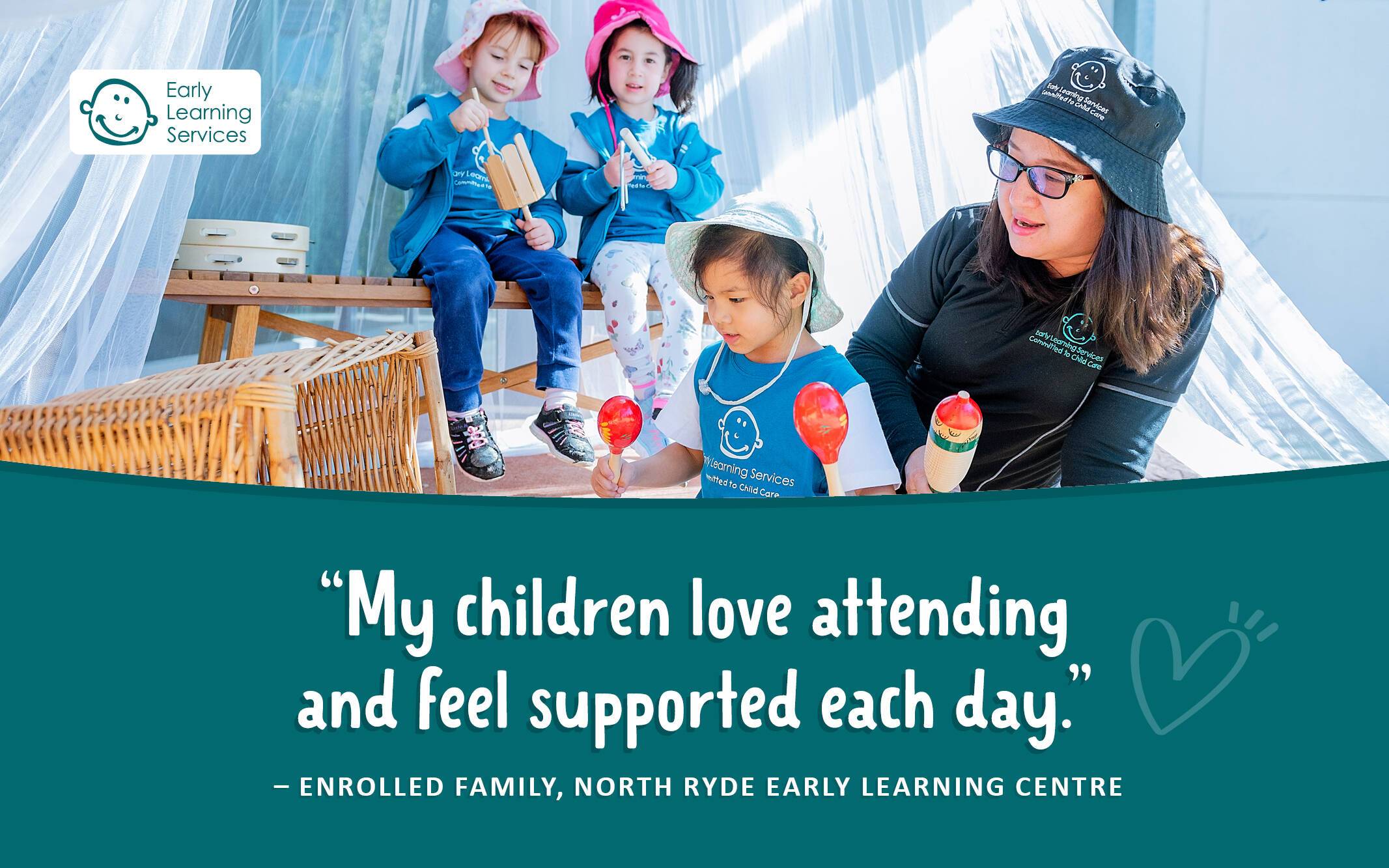About Verified ( ) Centres
What Is a Verified Centre?
Verified Centres are vetted by Care for Kids. As part of this process, Verified Centres undergo a financial assessment to ensure their reliability and credibility. We maintain an ongoing relationship with Verified Centres and provide them with support so they can offer you fresh and accurate information.
Learn more about our T&Cs.
Why Choose a Verified Centre?
- Trust & Peace of Mind - listing data for Verified Centres is regularly checked and updated
- Transparency – Verified Centres adhere to our evaluation process so you can make informed decisions
- Simpler Search – Spot trusted providers at a glance and save time finding quality childcare
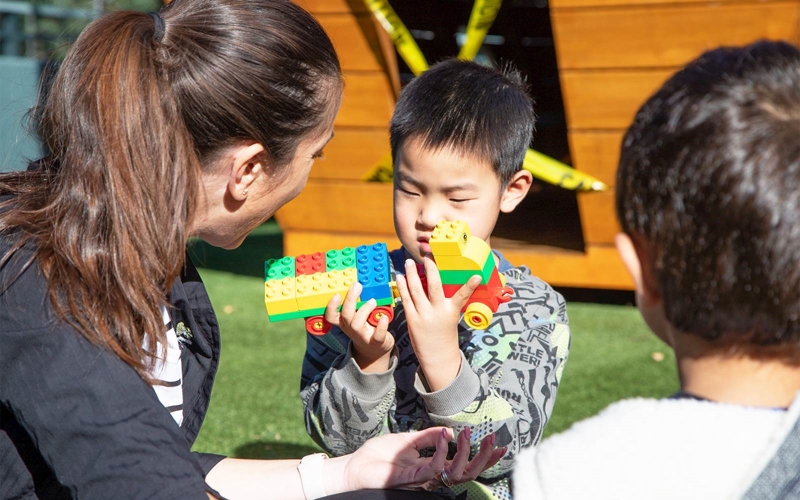
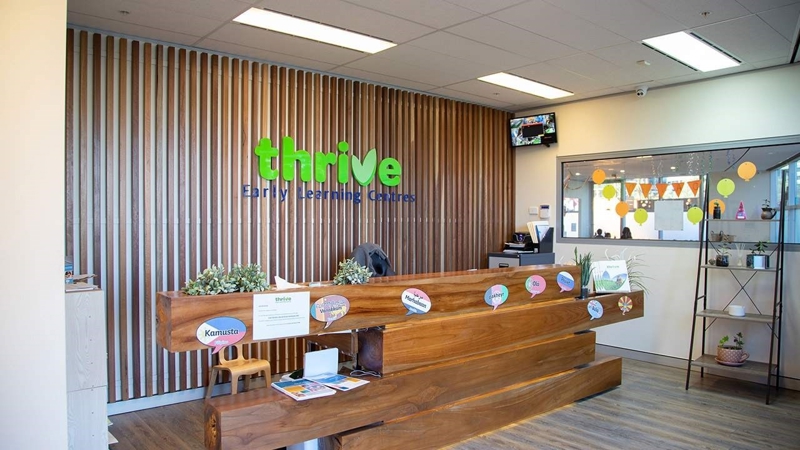
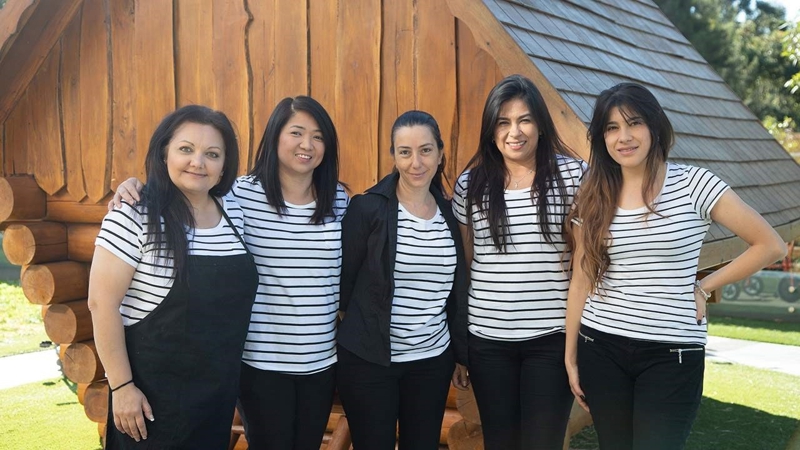
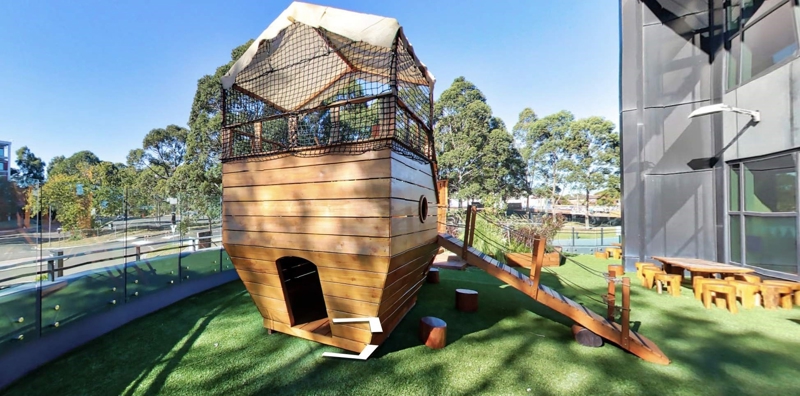
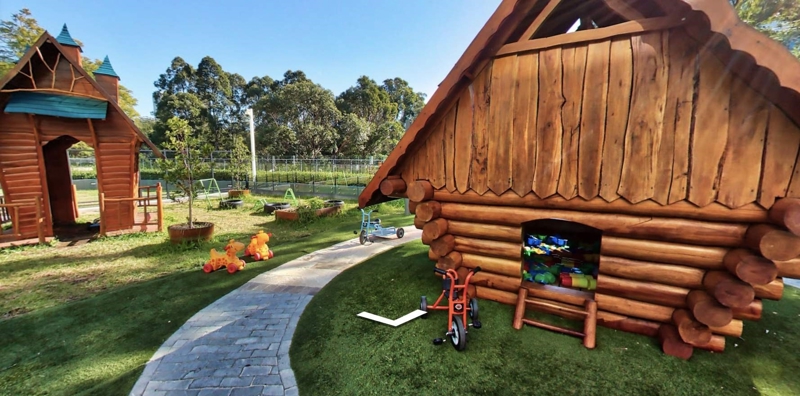
360 Early Education Epping Road Centre overview
Welcome to Thrive Early Learning Centre North Ryde
As a family run business, we understand how challenging it can sometimes be to manage a family and a career. That’s why we’ve brought our special brand of day care to a purpose built early learning centre North Ryde children and parents will love.
Our new North Ryde day care centre is bright, modern and welcoming with plenty of places for children both indoors and out. We’ve got our own catering facilities so that we can prepare nutritious, healthy food for your children, and all our meals are included in our inclusive fees, as are nappies and wipes.
To accommodate working parents, our North Ryde kindergarten is open from 7 in the morning until 6 at night, and we offer a full range of play-based learning activities to keep your little ones engaged while they’re in our care.
Ensuring That Your Children Thrive At The Newest Child Care Centre North Ryde Has Available
As in our other Thrive Early Learning Centres in Sydney, we offer our tried and tested ‘Thrive’ curriculum to all the children in our care.
Through a carefully created program of play-based learning activities supported by the Early Years Learning Framework NSW, we aim to promote the growth and development of all areas of your child’s wellbeing, from physical and cognitive through to social and emotional.
We aim to give your child the best possible start in life in the kind of early childhood centre North Ryde parents will be happy to leave their children.
And, we want you to feel that when you enrol your child in our centre, your children will be getting the best early childhood education North Ryde has available.
Recommended centres
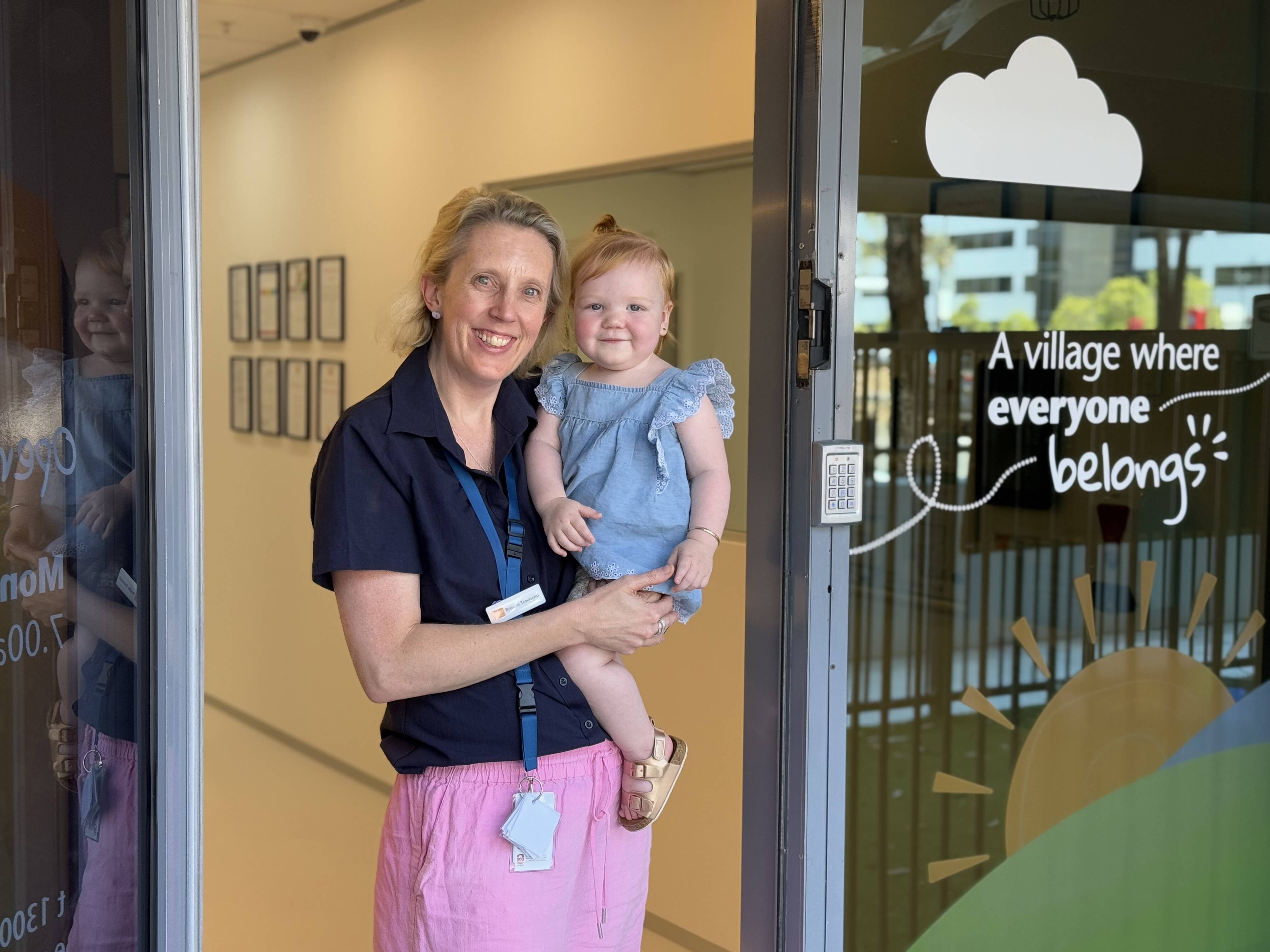

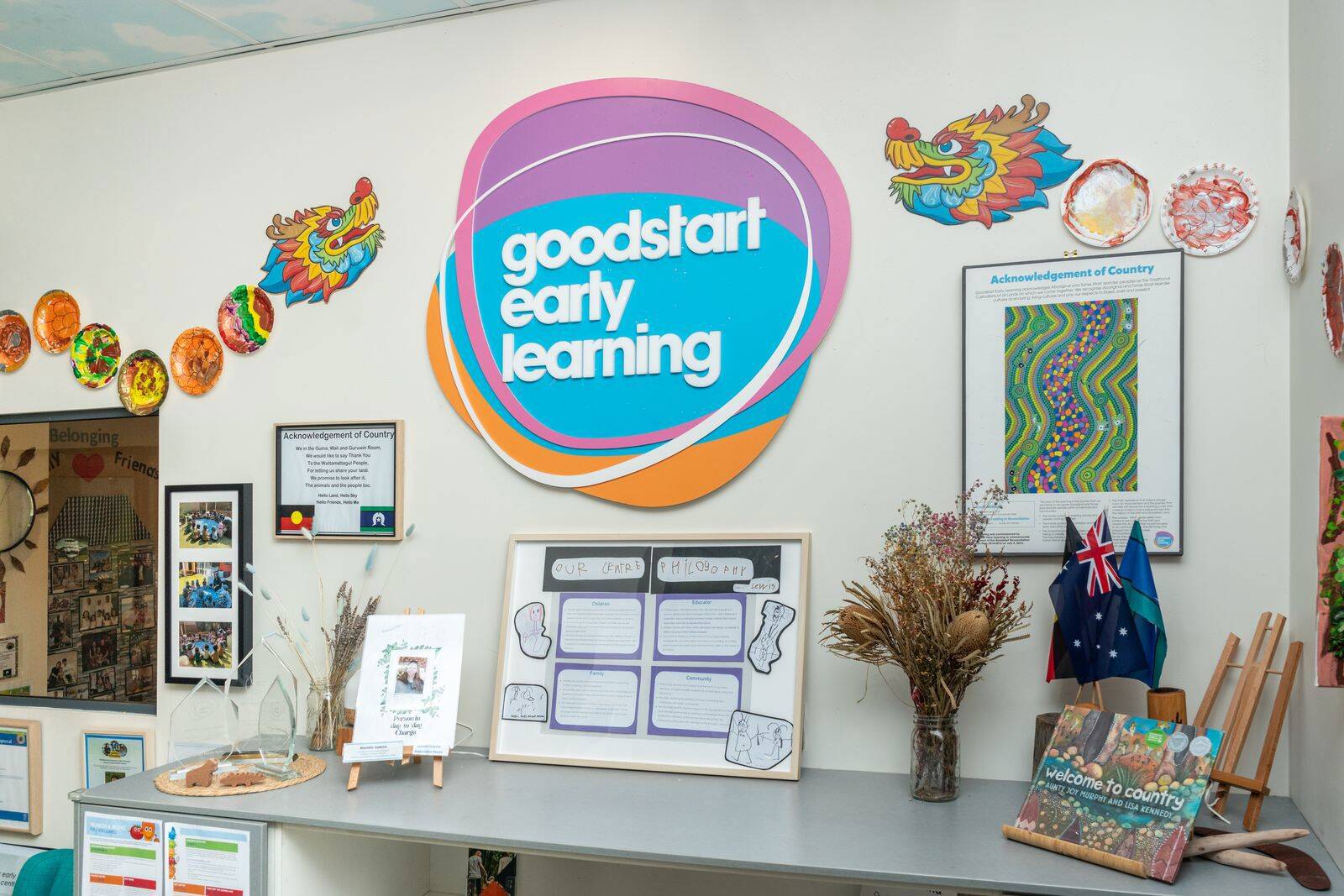
Fees & Vacancies
360 Early Education Epping Road Service features
See more (5)360 Early Education Epping Road service include:
Location
123 Epping RoadNorth Ryde, NSW, 2113

Centre Reviews
 5.0
Care for Kids (3)
5.0
Care for Kids (3)
My son has been at Thrive NorthRyde Daycare for 2 years, and our experience has been nothing short of amazing. The daycare is... My son has been at Thrive NorthRyde Daycare for 2 years, and our experience has been nothing short of amazing. The daycare is friendly, caring, and maintains excellent hygiene standards. Initially, my son had a hard time adjusting and would cry, but the staff's care and support helped him settle down quickly. Rachana, the site manager, is incredibly friendly, kind, and professional. She has made a significant positive impact on our experience. My son loves going to Thrive Daycare, and I highly recommend it to other parents! Read more
Now the first line I would say is I’M SO HAPPY I FINALISED THRIVE FOR MY BUB. We are first time parents with... Now the first line I would say is I’M SO HAPPY I FINALISED THRIVE FOR MY BUB. We are first time parents with no family help here. I finalised Thrive, North Ryde after going to atleast 20 daycares. My little girl started when she was 1 year old and we were so scared to leave her, but the team has been God sent, everyone at Thrive especially Rachna, Quinn, Puja, Sai and others have been so helpful in not only by making my bubba comfortable and adapt to the new environment but to put our mind at ease. I’m immensely thankful to everyone as well as so happy that when my bub goes to Thrive, I’m so relaxed that she is at her other home and she is being taken care of the same way as we would do. ❤️❤️ CAN’T RECOMMEND MORE. Read more
I am really pleased with the centre. We had to move my son after we moved into the area and he has transitioned... I am really pleased with the centre. We had to move my son after we moved into the area and he has transitioned well. Staff are friendly, communication is good and he is happy. Read more


